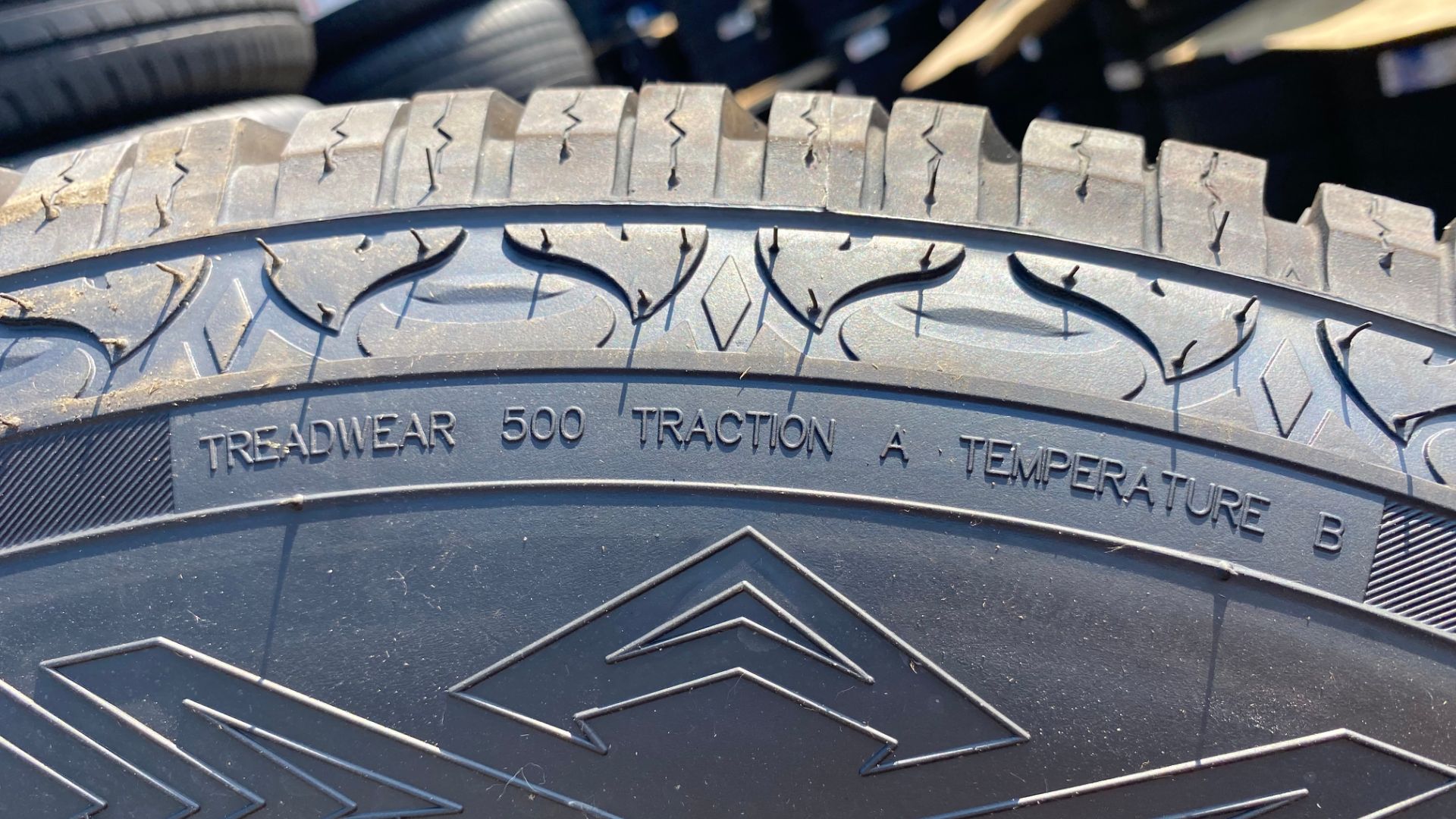Uniform tire quality grading (UTQG) definition and meaning

The Uniform Tire Quality Grading (UTQG) system is a standard by the U.S. Department of Transportation that provides drivers with information about a tire’s ability to resist tread wear and traction in dry and wet conditions. The system uses a letter grading scale, with “A” being the highest grade and “C” being the lowest.
Tires with a higher treadwear grade are designed to last longer, while those with a higher traction grade provide better grip on wet or icy roads. It is important to note that the grades do not necessarily indicate a tire’s overall quality; rather, they provide consumers with information about how a particular tire model may perform in specific conditions.
When shopping for tires, check the UTQG ratings to find the right model for your needs. Remember that other factors, such as a tire’s brand, can also affect its performance. If you have questions about the UTQG system or how to choose the right tires for your car, consult a professional tire dealer.